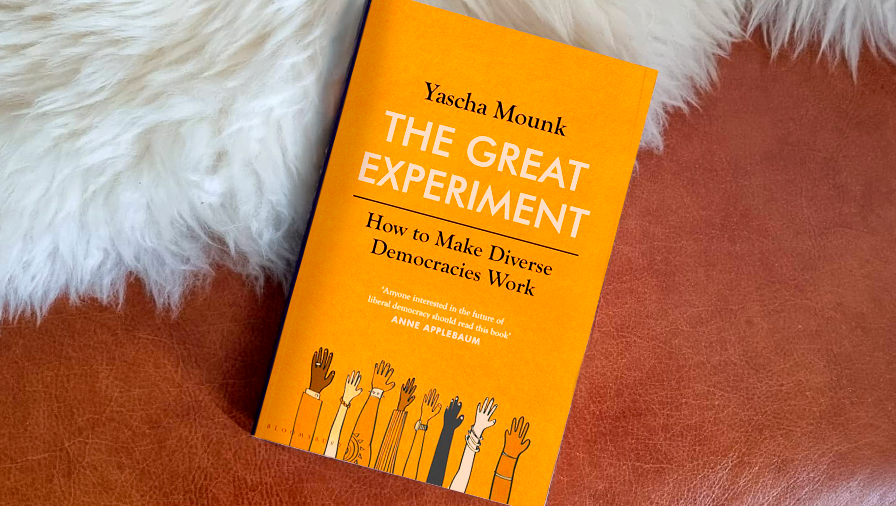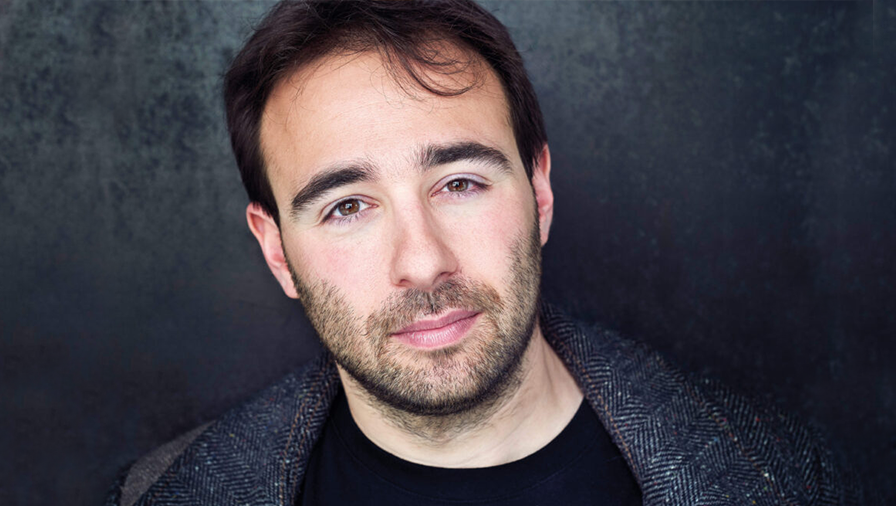Western democracies face the diversity challenge
OPINION: Political scientist assesses the impact of high levels of immigration.
Nevil Gibson is talking to Fiona Rotherham.
OPINION: Political scientist assesses the impact of high levels of immigration.
Nevil Gibson is talking to Fiona Rotherham.
Countless commentators, books and politicians worry that democracy is under attack from both internal and external forces.
Freedom House reports that in the past 15 years more countries have moved away from free political institutions than toward them. Less than one in five people in the world live in liberal democracies, almost all of them concentrated in the Western world.
Dictators and authoritarian regimes have also become more sophisticated in how they subject their citizens, leaving them alone unless they go out of their way to voice their opposition.
In the West, the disillusionment with democracy is linked to formerly mono-ethnic societies becoming more multi-ethnic through immigration, and the rise of political parties to resist such change. Other fears are an increase in poverty and antisocial activity such as crime.
German-born but American-naturalised political scientist Yascha Mounk calls this ‘The Great Experiment’ in his book of that name. He argues the pessimists are wrong and that diverse democracies are succeeding despite claims that new arrivals and minority groups are failing to join mainstream society.
Mounk’s research is comprehensive and covers most countries that claim to be democratic in one form or another. Although Australia and Canada are frequently cited as British settler countries with an indigenous population and high rates of immigration from non-Western sources, New Zealand is sadly missing.

Valuable comparisons
However, the value of The Great Experiment lies in its comparisons and local readers will draw their own conclusions, as does this review.
At his base in Johns Hopkins University in Boston, Mounk works at the new SNF Agora Institute, which is devoted to renewing democracy in the US and overseas. His book has been endorsed by some of the biggest names on this topic, including Anne Applebaum, Samantha Hill, Francis Fukuyama, and Jonathan Haidt.
Mounk’s basic theme is that diverse democracies, which have replaced those based on nationalism or forms of identity, are achieving what the historical record shows was previously unattainable.
This is occurring because members of minority groups are quickly climbing the social ranks in any form of measurement: education, medicine, law, business, and politics. They are “reaching positions of power and prestige that would barely have seemed imaginable to their parents or grandparents”.
In Western countries, hostile views about race and religion are minimal in the public arena, inter-marriage rates are legal and increasing, discrimination is unlawful and the gaps are shrinking in areas such as income, skills, life expectancy and incarceration.
Obviously, these societies aren’t perfect but they beat anything else on offer. Mounk admits the great experiment might go wrong, with existing injustices still remaining in 25 or 50 years’ time. But his evidence and solutions point to diverse democracy succeeding because it creates societies that most people would want to live in.
The Great Experiment is structured in three parts: the difficulties in achieving diversity; what can be achieved; and why it should be done.

Obstacles to democracy
The obstacles are well known from history. Centuries of conflict are testament to different groups finding it hard to get along with each other. Self-government by a majority, with protections for minorities, has taken centuries. Colonial societies established by European powers were an extension of these established norms.
It is only in the past five or six decades, since the end of World War II, that these democracies had to deal with new identity groups from other cultures. Some – like the Netherlands, Belgium and Switzerland, along with colonial Canada – were already divided by religion and language.
From its foundation as a democracy, US had slaves from Africa without rights until the 19th century, and then these were severely limited. Yet it was a beacon for immigrants.
This influx posed the danger of ethnic fragmentation, with calls for the majority to rise up to protect their interests before it was “too late”. Meanwhile, Mounk observes, academic and activist circles rejected the universal values of democracy in favour of ones that instilled stronger ethnic and religious identities in historically disadvantaged groups as the only path to equality.
“These developments conspire to raise the salience of the kinds of groups that have torn diverse societies apart in many parts of the world,” Mounk adds, with a warning that this can force majority populations into undesirable reactions.

Appeal to idealism
Mounk continues this argument when considering what diverse democracies should do. Rather than allow radicals to stir up racial and religious grievances, they should appeal to the civic ideals and “love of everyday culture” that most people desire.
He uses the metaphor of a ‘public park’ that is ‘open to everyone’, ‘gives visitors options’ and ‘creates vibrant space for encounter’. In further metaphorical comparisons, Mounk faults the policies of assimilation (‘melting pot’) and separatism (‘salad bowl’) as oppressive or divisive.
The goal is to embrace informal rules that “inspire citizens from different ways of life to cultivate true forms of mutual empathy and solidarity”. This worthy aim leads Mounk to a strong critique of the post-modernist thinking that has raised race, culture, and gender to dominance in explaining social ills.
To counter loaded terms such as ‘woke’, Mounk employs the term ‘challenger ideology’ as a neutral description for attempts to redress the shortcomings of liberal democracy in the name of diversity. He laments that the universalism of class on the left of the political spectrum, to which he adheres, has been replaced by the cancel culture.
“Instead of helping to make the great experiment succeed, they run the risk of emboldening and empowering its most devoted detractors.” Equally, he rejects entitlement programmes that provide “a strong incentive for all ethnicities to identify with their racial groups and organise along sectarian lines”.
This may not impress those who advocate such measures in New Zealand, but the evidence of other countries’ experiences is conclusive.

Finding solutions
In outlining his research, Mounk notes that books about big ideas seldom fail to identify a problem, or explain its causes and context. But they find it harder to come up with solutions.
He does not shrink from the task in how to counter claims that immigrants reject democratic values, are religiously intolerant or do not adapt to local customs, such as speaking the dominant language. The evidence is that these fears are overstated. He cities the visibility of migrants in all areas of human activity, such as the arts, media, medicine, education and business.
By the third generation, many migrants do not know their original language. They have a strong drive to identify with the dominant culture, and they thrive when institutions are responsive to the needs of a minority. This requires laws against discrimination, particularly in the labour market and in early childhood education.
Few would argue that New Zealand is not a leader in having these in abundance and without public rejection. But Mounk opposes the trend to replace the universalism of the welfare state with race-based programmes. Although these may be well-intentioned, “it is doubtful they will serve such purposes without doing a lot of harm”.
I could cite many recent local examples, from accusations of racial denigration in Parliament to moves by councils to gerrymander the democratic process, that offend against many of issues Mounk explores. This suggests a wakeup call for those in authority.
They might also investigate the economic dimension, in which rapid growth is the crucial ingredient for diversity to succeed. Mounk quotes from Harvard economist Benjamin Friedman’s The Moral Consequences of Growth (2005) that it “more often than not fosters greater opportunity, tolerance of diversity, social mobility, commitment to fairness, and dedication to democracy”.
That sums up the reason why the deeper the knowledge of how a society is run, the better for all of us.
The Great Experiment: How to make diverse democracies work, by Yascha Mounk (Bloomsbury Publishing).
Nevil Gibson is a former editor at large for NBR. He has contributed film and book reviews to various publications.
This is supplied content and not paid for by NBR.
Sign up to get the latest stories and insights delivered to your inbox – free, every day.